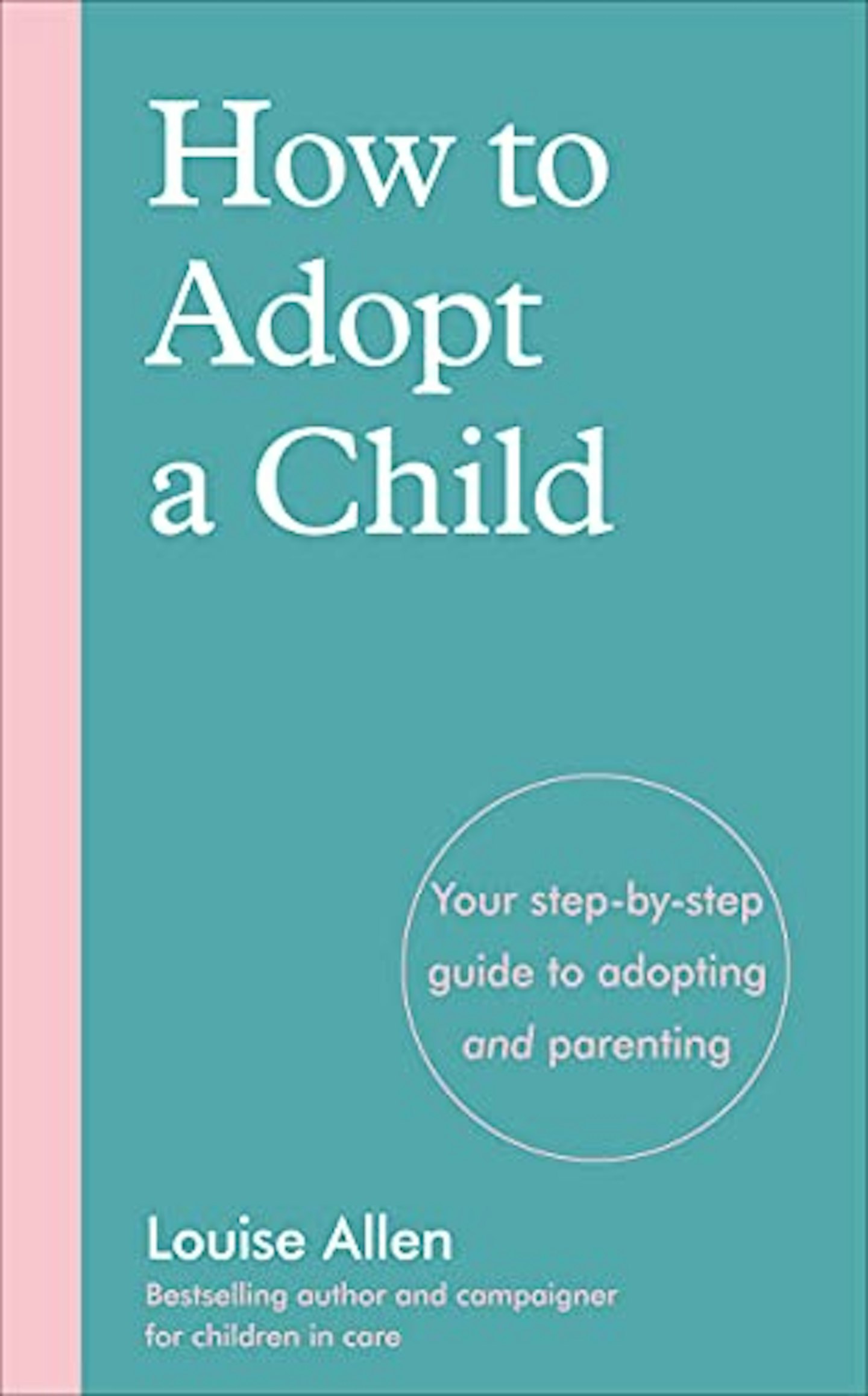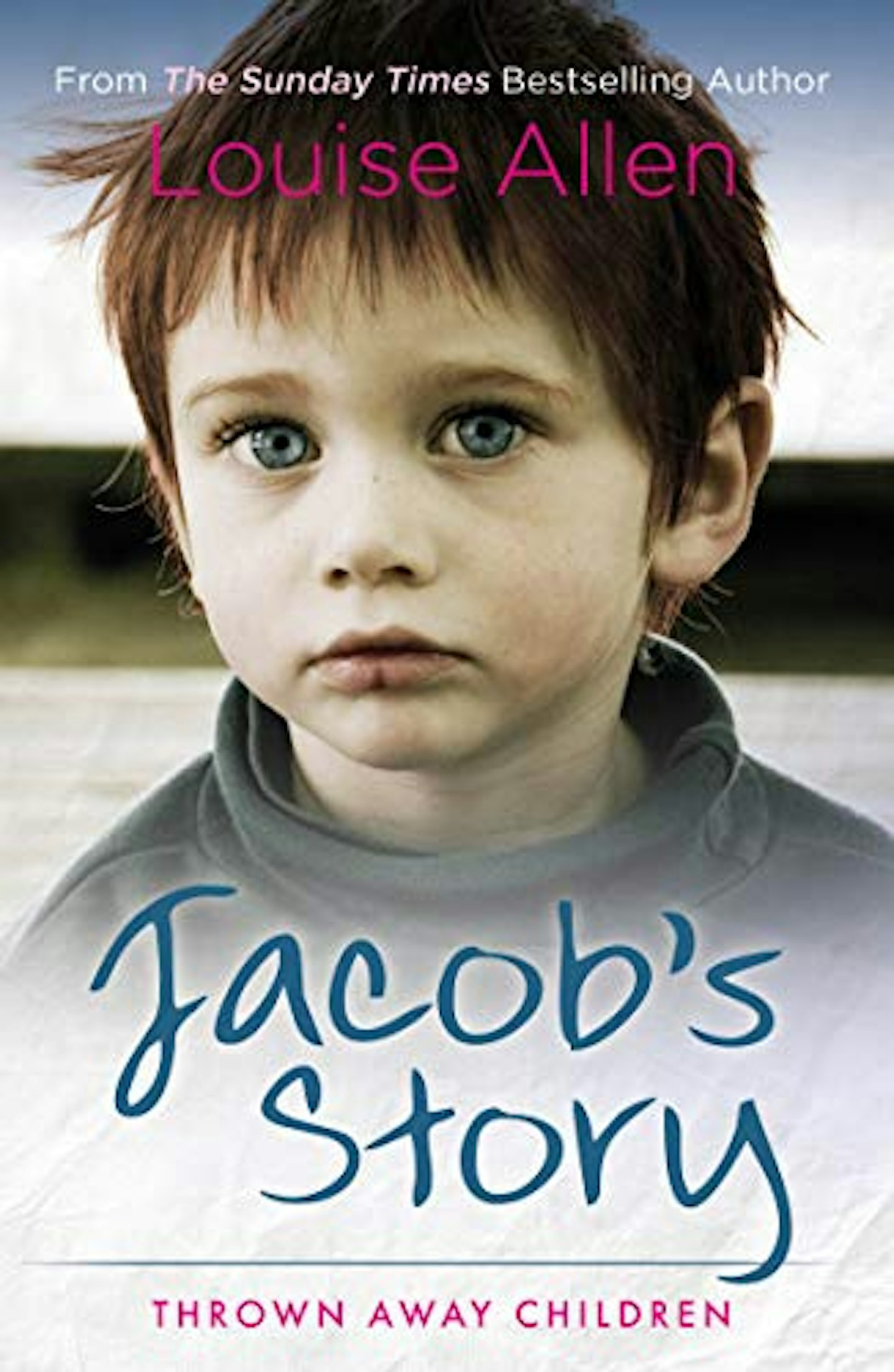Becoming a foster parent can be one of the most rewarding yet challenging things you can do in life, and it’s not for everyone according to Louise Allen. Louise has dedicated her life to being a foster parent, fostering hundreds of vulnerable children in the last 30 years.
Now, she’s released a series of best-selling memoir’s, dedicated to just some of the children she has fostered over the years. We caught up with Louise to find out more about her life as a foster parent and what it really takes to become one.
Becoming a foster parent
Being a foster parent is one huge commitment, so it’s important to do as much research as possible before embarking on your fostering journey.
“You need to think about it quite carefully and make sure that whoever else is in your household is fully on board.
“I would begin your journey by speaking to other foster carers, not just the ones that the fostering organisation selects for you talk to. You need to hear it all, warts and all.”
It’s not just the time and space you need to consider. You also need to think about how you are emotionally prepared for becoming a foster parent, as many of the children that need foster care of often experience hurt and trauma as a result their life experiences and their behaviour may reflect that.
“Not all children show that they are angry. Some may be quiet; some may appear absolutely fine because this is how they use to survive.
“Any foster carer will tell you fostering is not what you think it is. You need to start by understanding that ‘doing right by a child’ is good enough. You don’t always need to love each child who comes into your home - that ambition and expectation can put unnecessary pressure on you and the child. I end up loving the child for who they are and enjoying the time we have together because of the challenges and milestones we work through together.”
Once you have done your research and you’re sure becoming a foster parent is for you, simply call your local authority and ask to be put through to fostering and your journey to becoming a foster parent will begin.
The below video from ISP Fostering explains some of the requirements to become a foster parent in the UK.
What is your responsibility as a foster parent?
Firstly, it’s important to know that every child’s situation is different, and all children will be on different care orders granting the birth parents greater or lesser powers which is decided on a case-by-case basis and this is up to the local authority.
“Initially a child in a placement will receive more attention and new foster carers will receive more input from the local authority around the child. I have struggled with some aspects of corporate parentingfrom the local authority whilst raising my birth children.
“For example, foster children are expected to receive a set amount of pocket money from the allowance. This was more than my birth children received which forced me to give my birth children the same or they felt disadvantaged. With my birth children, I can withhold pocket money if their behaviour has been poor. I can’t with my foster children, it isn’t allowed. This and other rules of the corporate parent can feel like interference. You will have to find a way around this and other directives that can feel frustrating and an infringement onto your way of running your home.”
Most children in foster care will still have contact with their birth parents unless the courts have decided it is not in the best interest of the child. As the foster carer, you will need to be professional and polite with the birth family, despite your own personal feelings.
“The greatest responsibility I can think of for foster carers is the responsibility to continuously keep yourself in check. This means understanding why you say ‘no’ or ‘yes’ and are your methods and approaches in the best interest of the child.
“I would ask all potential foster carers and adopters to ask themselves key questions before embarking on this journey such as ‘can I take criticism’ ‘do I genuinely understand trauma’.”
How long do you normally foster a child for?
The length of time the child will be living with you can vary case by case with factors such as age and circumstance affecting this.
“When children come into care, they and their family go through the courts. Child protection orders are issued, and the child usually comes under Section 20, which is shared responsibility between the parent(s) and the local authority. The foster carers are given ‘delegated authority' which is for practical needs such as opticians, dentist maybe a haircut.”
It might take months or even years for the child’s case to go through the courts depending on the case and who’s involved. After the court process, you will have good idea if the child is returning home or staying in care. The length of time this takes will dictate how long the child is in foster care for. During this time, there’s a few things you’ll need to keep in mind.
“It is usual for the child to remain in their school which can sometimes be frustrating if the child has to get taxis or you have to drive miles every day to their school, but it is best for the child and that is something you would need to factor into your thinking from the get-go. Every decision needs to be made by all the adults and professionals around the child, genuinely, in the best interests of the child and it’s the foster carer's job to advocate for that.”
There are so many types of foster care that it can be really confusing deciding which best suits you and your lifestyle. Get to grips with the different types of foster care below to make the best choice for you.

Emergency foster care
If you’re an emergency foster carer, you will be on standby to give a child in need a home at the drop of a hat.
"Emergency placement literally means you may get a call in the middle of the night as the police and child protection teams remove children from dangerous unsafe situations. The child will be in emergency care perhaps for a few nights or so whilst the child’s social worker looks for a short-term placement that may become a long-term placement. This has happened with a few of mine," says Louise.
Perhaps if you are away often, or work part-time, but are available to care for a child on the occasions that you are home, this could be a good fostering path for you.
Short-term and respite foster care
This type of fostering means that you look after a child for just a few weeks at a time – ideal if you have a chunk of spare time each year, such as a teacher with a long summer holiday.
Long-term foster care
This kind of fostering doesn’t tie you legally to a child long term – as adoption would – but it means that you are responsible for the child until he is old enough to live on his own. Often providing this support will create a life-long bond between you and your foster child.
Short-break care
A short-break foster carer gives a home to a disabled child, a child with special needs or a child with behavioural difficulties, or you could be caring for a child in a troubled situation such as one whose parents are divorcing.
The child will stay with the short-break foster carer on a pre-planned, regular basis. So if you can offer a child a second home every weekend, for example, this could be perfect for you.
‘Connected persons’, ‘kinship’ fostering or ‘family and friends’
Should you have a young relative that needs a home, you can care for him yourself through this form of fostering.
This form of fostering is either a private arrangement or legal order, depending on the situation of the child.
Can you choose which children you foster?
“Most local authorities prefer foster carers to agree to foster 0-18 years. My advice would be to be very open about the age range because if you reveal too early on that you are only interested in a certain age or gender, you may find that you will not be approved.
“I have often smiled when I meet a foster carer who originally set on an age maybe 5-10 years and have teenagers and they are all living together brilliantly. My advice is to keep an open mind and don’t be afraid of thinking differently.
“There is a misconception that children who come into foster care are from poverty, but this is not always the case. I have looked after children of the wealthy and privileged who are as able to abuse and neglect their children as anyone else. Child abuse lives in every social stratum, some are better at hiding it than others. You never know whose children are being abused and neglected and who will be needing your support.”
Do foster parents get paid?
“There are 151 local authorities in England, and they all seem to do things differently when it comes to pay. Foster carers are viewed as self-employed but our work is not the work of a self-employed person. For example, as foster carers we have to attend mandatory training, we have a supervisor and a chain of command, and we can only work for one organisation at any time. But the self-employed bit works for the organisation because they do not pay any employment costs other than our allowance. The role of the foster carer is a role that has never really been examined and definitely needs updating.
“Local authorities tend to pay on a scale, maybe less or more for a baby or vice versa for a teenager.
“As foster carers, you can receive an allowance which can be anything from £75 per week to £250 per week per child. Sibling groups can either be less or more depending on the organisation you work for. On average, I would say £150 for the child’s costs and £150 for the foster carer(s). You need to see beyond the initial marketing ‘you can earn up to £750 per week’ because if ever the small print needed to be read it is in fostering and adoption. You only receive an allowance whilst you have a placement. Most fostering organisations are trying save money or make a profit so you need to be fully aware of how the money works in fostering, do your research and speak to other foster carers.
“The child’s allowance covers the basics such as their household costs, food, clothes and heating etc. The allowance for the carers is your recognition for the work you do. I receive 30p per hr. No one should foster for the money because there isn’t any really. Some people do and deny the children of good food, new clothes and any treats.”
Is there a way to adopt your foster child?
“If you want to adopt the child you are fostering, then you first need to show that he or she has been living with you for more than a year before you make your application to Court. You also need to give your Local Authority notice of your intention to adopt the child. That’s the official response but I have been asked to think about adoption of children literally within a few weeks of them arriving. For me the best and most successful adoptions and fostering placements are the ones done carefully with good matching. If you are considering adopting, be sure to take plenty of time and do a lot of research before making a decision.”
Check out Louise’s book, ‘How to Adopt a Child’ to find out everything you need to know.


Officers from the RSPCA investigate reports of animal cruelty and neglect on a farm, only to discover a 5-year-old boy curled up asleep in a dog bed, amidst filth and squalor.
He has severe physical and cognitive impairments, and no one outside the family seems to know of the existence of little Jacob.
When he arrives in the Allen household, a terrified Louise wonders how on earth she will cope looking after a child with his level of physical and emotional damage. With the support of veteran social worker, Mary, the fight begins to get Jacob the support he needs – as medical investigations begin to reveal more shocking details about Jacob’s story.
3.
Eden's Story

Ashley is a young single mum raising her daughter, Eden, and working hard to do the very best job she can - until one night she can't find a babysitter and makes the decision to leave Eden home alone for a couple of hours, asleep inside a wardrobe. It is an action that begins a terrible downward spiral for both of them.
Popular articles to read next
-
[Adoption: What You Need To Know If You Want To Adopt](Adoption: What You Need To Know If You Want To Adopt)
